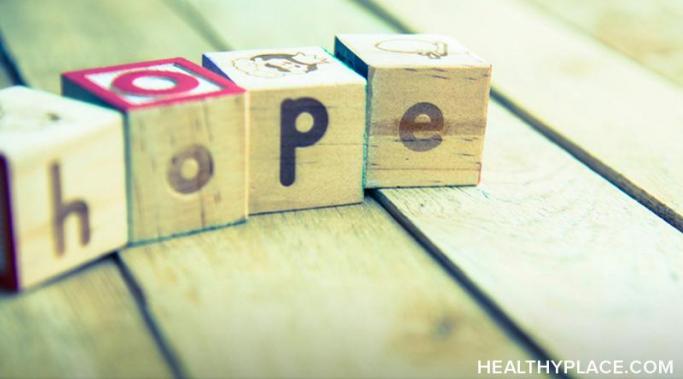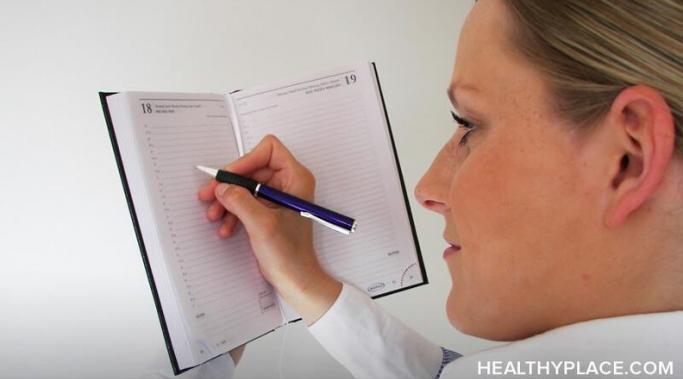Self-care is important, but when life gets chaotic, self-care is the first thing to go out the window. What should be a priority becomes more like a reward I have to earn. I start telling myself that once I get through my overwhelming to-do list, then I am allowed to relax. This makes me more anxious, which actually makes it even harder to make self-care important.
Getting Through Tough Times Videos
My name is Brandy Eaklor, and I’m excited to be writing for the Getting Through Tough Times blog at HealthyPlace. I am 24 years old and have been struggling with anxiety and depression since I was around 12 years old. I lived in a toxic environment as a teenager, with a stepmother who did not want me to have a relationship with my father. The alternative was to live with my mother, who had abusive men in and out of her life. This pain also lead me to emotional eating and binge eating to cope with my emotions. I felt alone, unaccepted, self-conscious and unworthy.
Using proper communication methods in relationships at work and home are important, but, for people with anxiety, communication can be very difficult. Many people either do not communicate enough or primarily choose to use one method--either verbal or written communication. However, both written words and verbal speech are very important to maintain relationships. If you struggle with proper communication methods, read on to learn about when to talk and when to write and how each can affect relationships.
A little over a year ago, I started writing for HealthyPlace. During my time contributing to the website, I learned a lot about myself and how I can better manage my mental health. I also learned about others, how they cope, how they communicate about mental health, and how we can help each other strive for wellness. Writing for HealthyPlace has given more awareness of when depression starts to hit and when to seek help. Read on to learn more about my first year writing for HealthyPlace.
The mental health lessons I've learned while writing for HealthyPlace will serve me well as my life changes. I am not a stranger to major life changes. I've undergone quite a few in the last few years, and there are about to be a few more. For this reason, I have to say goodbye to HealthyPlace this week, but not before sharing my mental health lessons and asking you for yours.
Having realistic goals benefits your mental health, but many people with depression or other mental illnesses struggle to set goals. Read on to learn about how to make and keep goals that benefit your mental health even if you're living with a mental illness.
How do you cope when it's been a bad week? Some people can shrug it all off, but if you are anything like me you can't. Coping strategies for when it's been a bad week can help prevent intense anxiety as time goes on.
One of the most important things I've learned is that depression gets better, but recovering from mental illness is also a work in progress. I'm constantly getting better and then moving backward. It may be a cliche, but there is truth to the idea that mental illness recovery is a journey rather than a race. But in that journey, depression can get better.
A large part of my experience with anxiety has been linked knowing I don't have control and my fear of instability. While I know that I can't control everything, these coping techniques for both rational and irrational fears have helped me avoid anxiety. The one thing therapy taught me is that I can cope with anxiety even if I don't have control.
I find survival skills for family drama and mental illness are critical. Some families are simple while others can feel messy. My family is the latter. Fighting among family feels like the norm (Toxic Relationships: Dealing With People Who Have Issues). Dealing with family drama and mental illness at the same time can feel like too much to handle at once. I've had to try out some survival skills to deal with family drama when I feel it affecting my mental illnesses of depression and anxiety.








